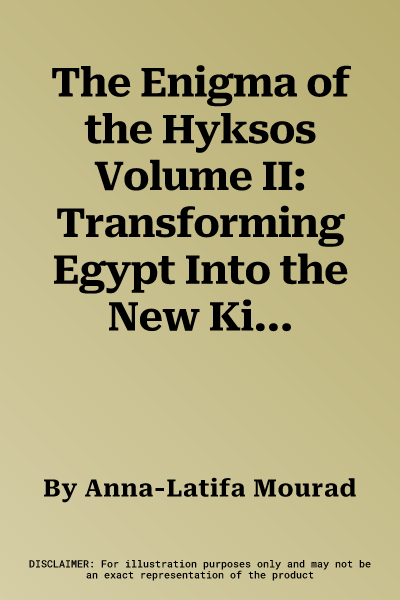Egypt's New Kingdom emerged from a period of regionalisation, when local
communities had developed according to different trajectories that gave
rise to diverse socio-cultural transformations. Dynamic and
multifaceted, these processes involved a range of internal and external
forces, some of which were influenced by cultural encounters. Indeed,
those with the 'rulers of foreign lands', the Hyksos, have been commonly
associated with the introduction of a host of ideas and entities into
Egypt. However, the validity and extent of the impact of the Hyksos on
the New Kingdom remain insufficiently addressed. Anna-Latifa Mourad
explores these points of enquiry, but also expands its analysis in line
with current theoretical understandings on the complexity of cultural
encounters. Her study ascertains whether and how consistent
Egyptian-Near Eastern encounters in the Middle Bronze Age influenced New
Kingdom society, and culture. By assessing a range of archaeological,
artistic, and textual material, it clarifies contexts of encounters as
well as interrelated agents and mechanisms, questioning the fate of
those ruled by the Hyksos. It elucidates the tangible and intangible
effects of contact on historical, socio-political, religious, and
technological developments, revealing how, amid the many processes of
negotiation and change, elements from the Near East seeped into the
dynamic and complex socio-cultural framework of Egypt, as it
irreversibly transformed into the New Kingdom.

